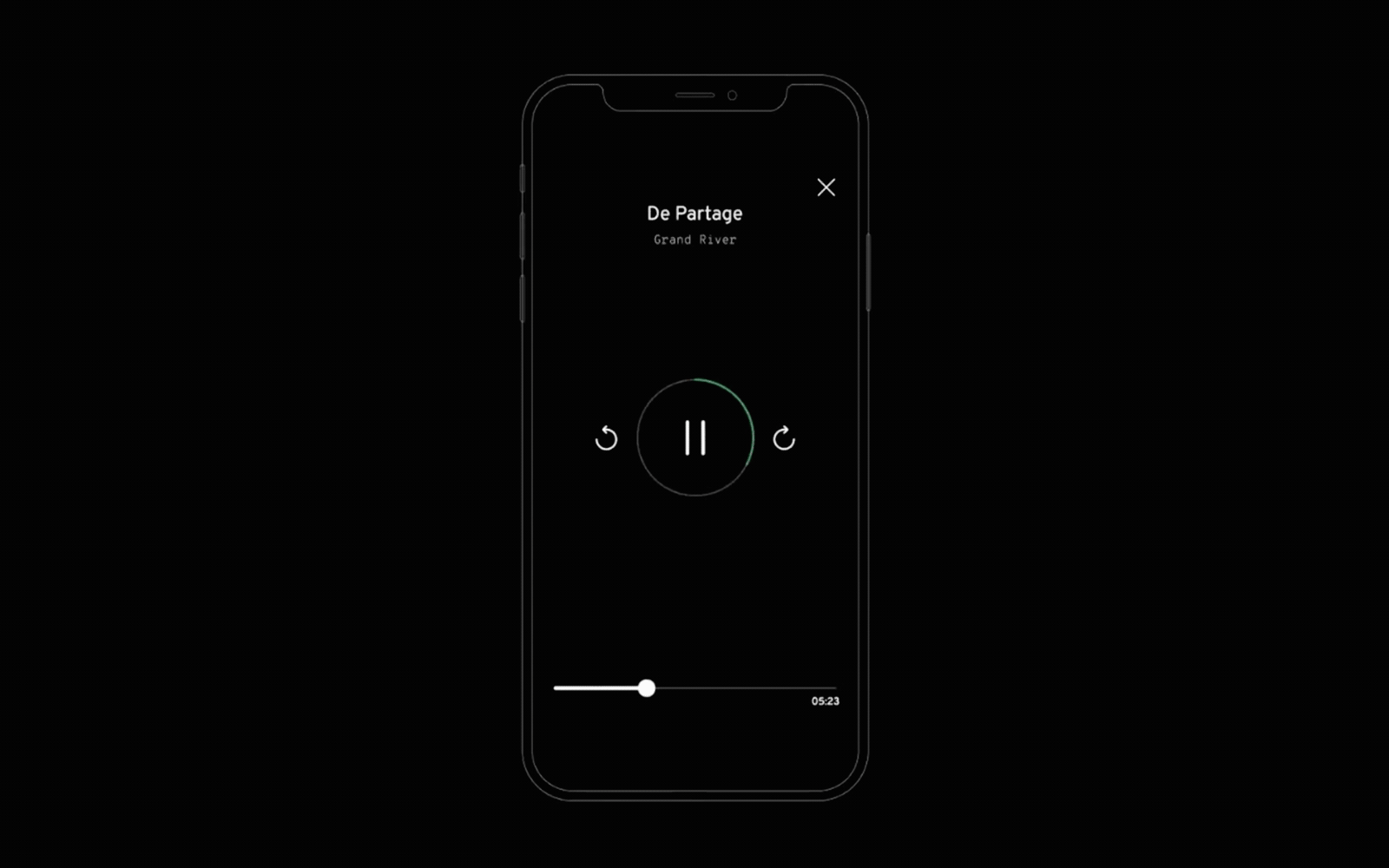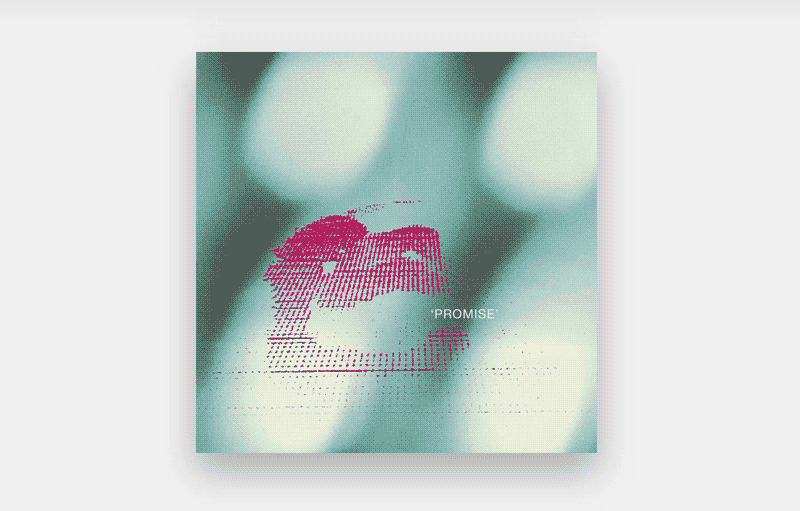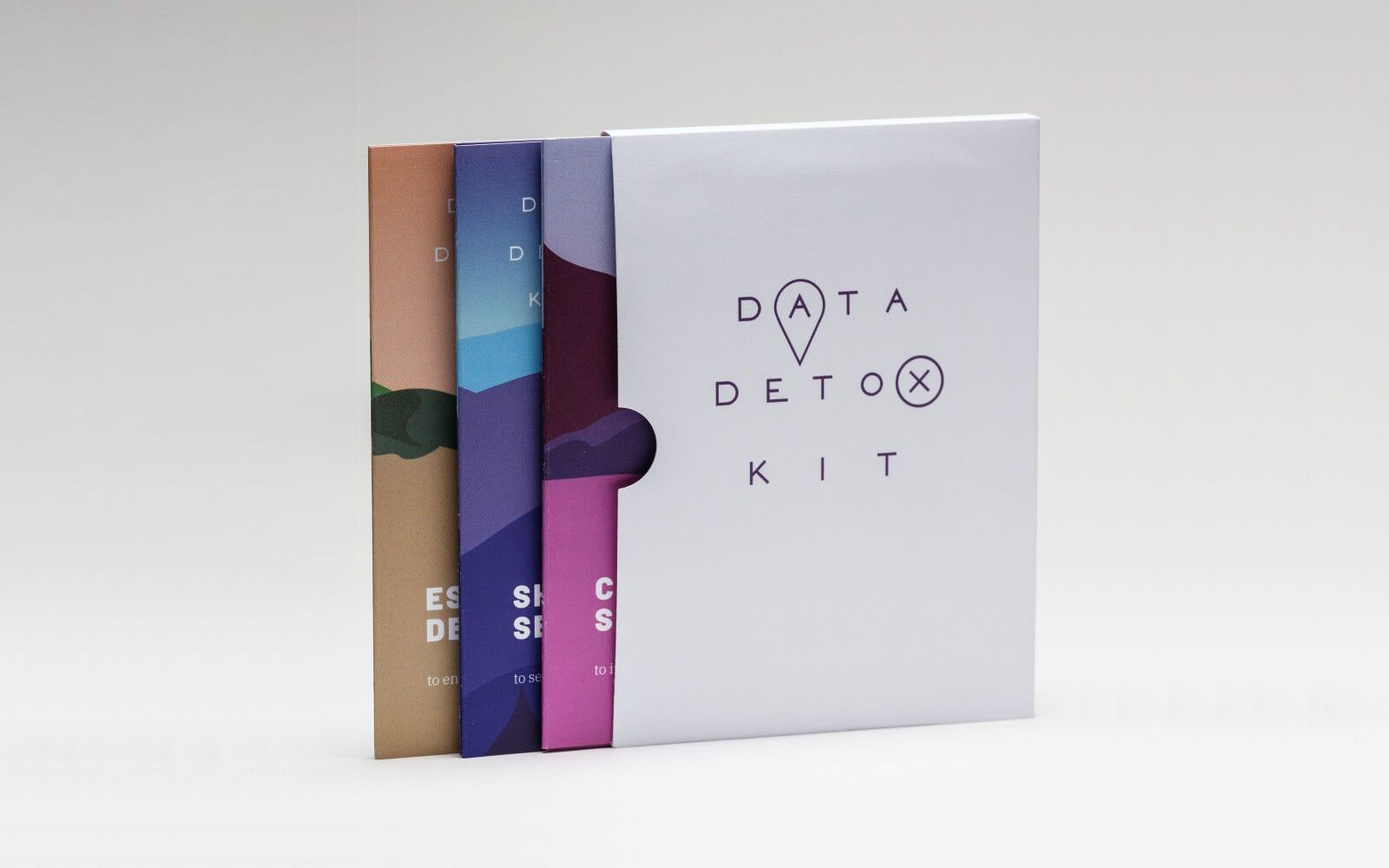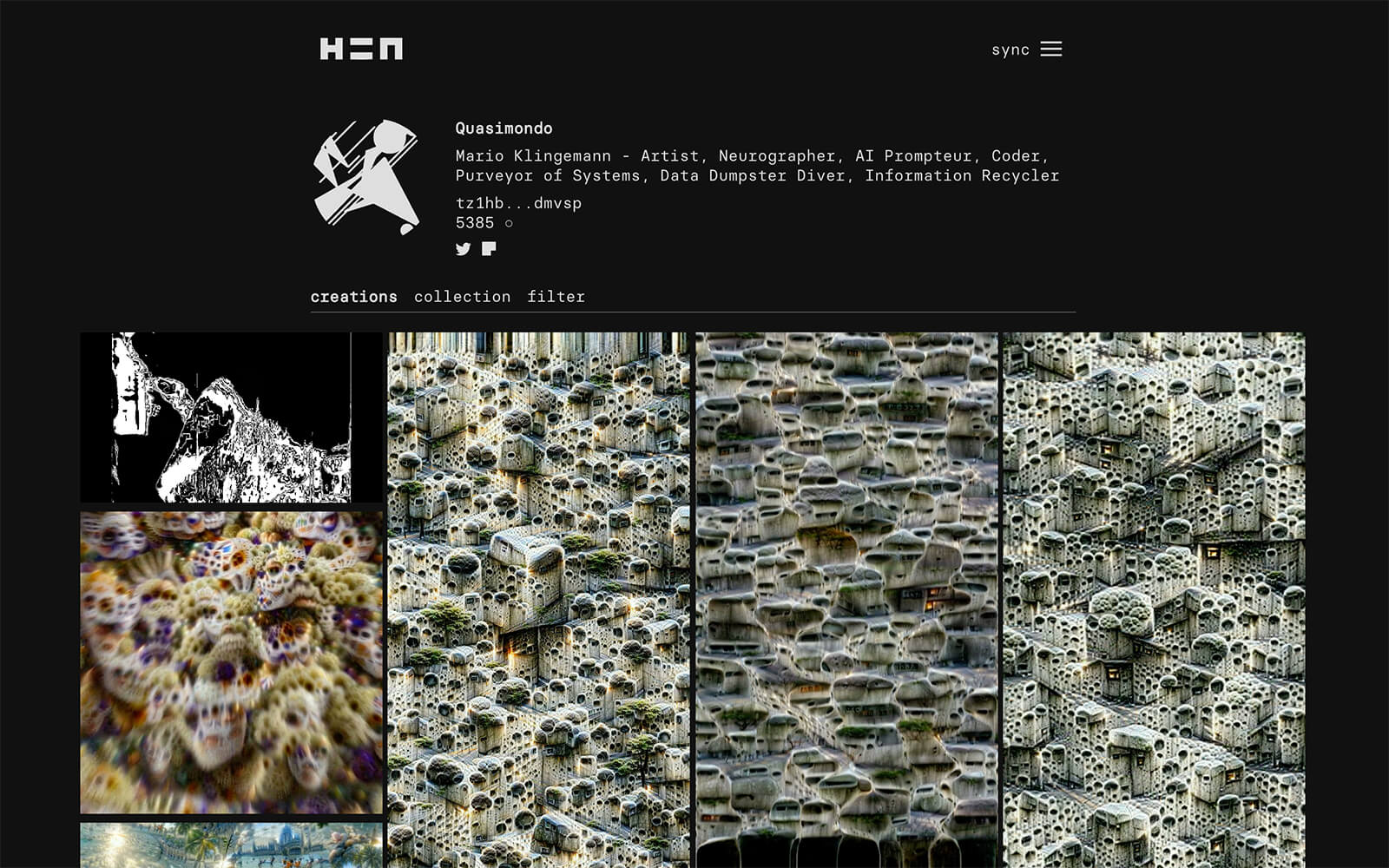MUTEK Recorder: Sound is the Object
Panel
Sound is the Object: Creative Approaches to Mindful Sonic Experiences
Speakers:
Lukas Volz, Grand River, Richard Chartier, John Connell
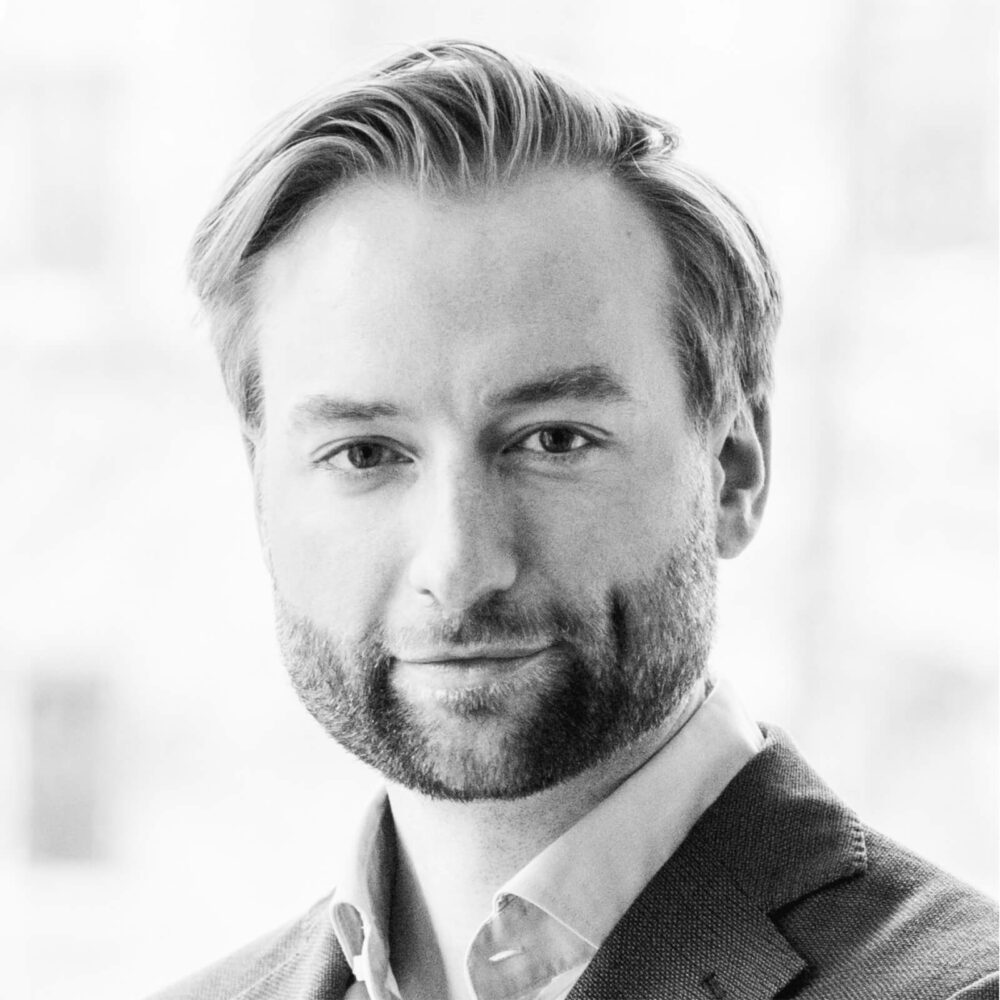
Profile:
Lukas Volz
Lukas Volz is a neurologist and head of the Network Plasticity Lab at the University of Cologne, where he investigates neural plasticity and the reorganization of human brain networks using neurostimulation and neuroimaging. Lukas undertook graduate studies at the Ruhr-University in Germany and was a postdoctoral scholar at the Max-Planck-Institute for Neurological Research and UC Santa Barbara.
Soundbite:
“We normally talk about attention as if it were one thing. In reality, there are at least three brain systems at work. First, the alerting network, based in our brain stem, which warns us of danger. Secondly, the orienting network, based in the cerebral cortex, it allows us to focus on specific things. Finally, the executive network, it gives us the ability to direct sustained attention over minutes and hours.”
Lukas Volz, on how attention is not monolithic but emergent, from distinct processes and physiology
Takeaway:
The relationship between meditation—focused breathing—and wellness is well documented but the recent ‘mindfulness turn’ has seen a wider public interested in sharpening their attention. Musicians have a place in this conversation and by treating sound as an object (rather than commodity) we might further mold our capacity to listen and be present.
Soundbite:
“Attention is really one of the most essential functions that our brain executes to keep us healthy and alive. Think about predators sneaking up on you, or trying to cross a busy Manhattan street. To cultivate attention, sound meditation offers a unique opportunity because it constantly engages the brain’s three systems in a way that silent meditation cannot.”
Lukas Volz, on audible paths towards mindfulness
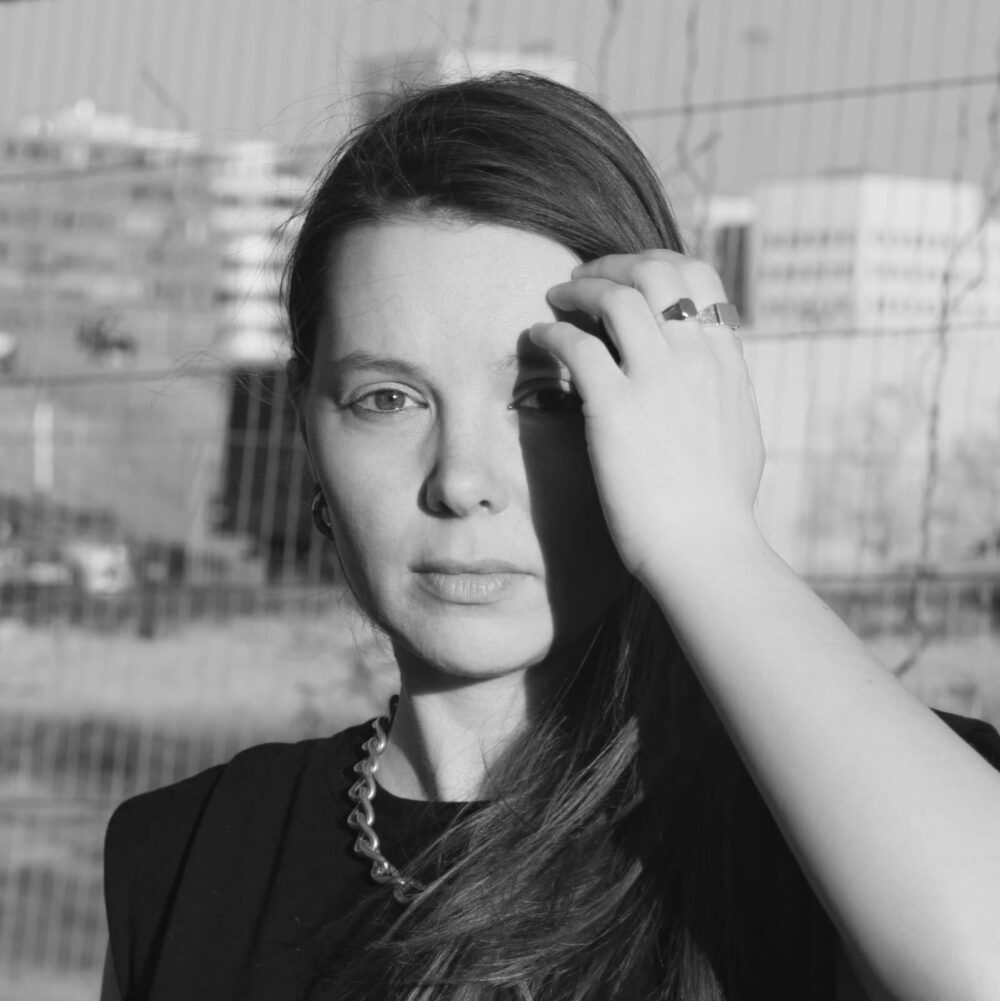
Profile:
Grand River
Aimée Portiolia is a Dutch-Italian composer and sound designer who records and performs as Grand River. Influenced by classical minimal music, her debut album Crescente was released in 2017 on Spazio Disponibile and her sophomore album Blink A Few Times To Clear Your Eyes was released on Editions Mego in 2020.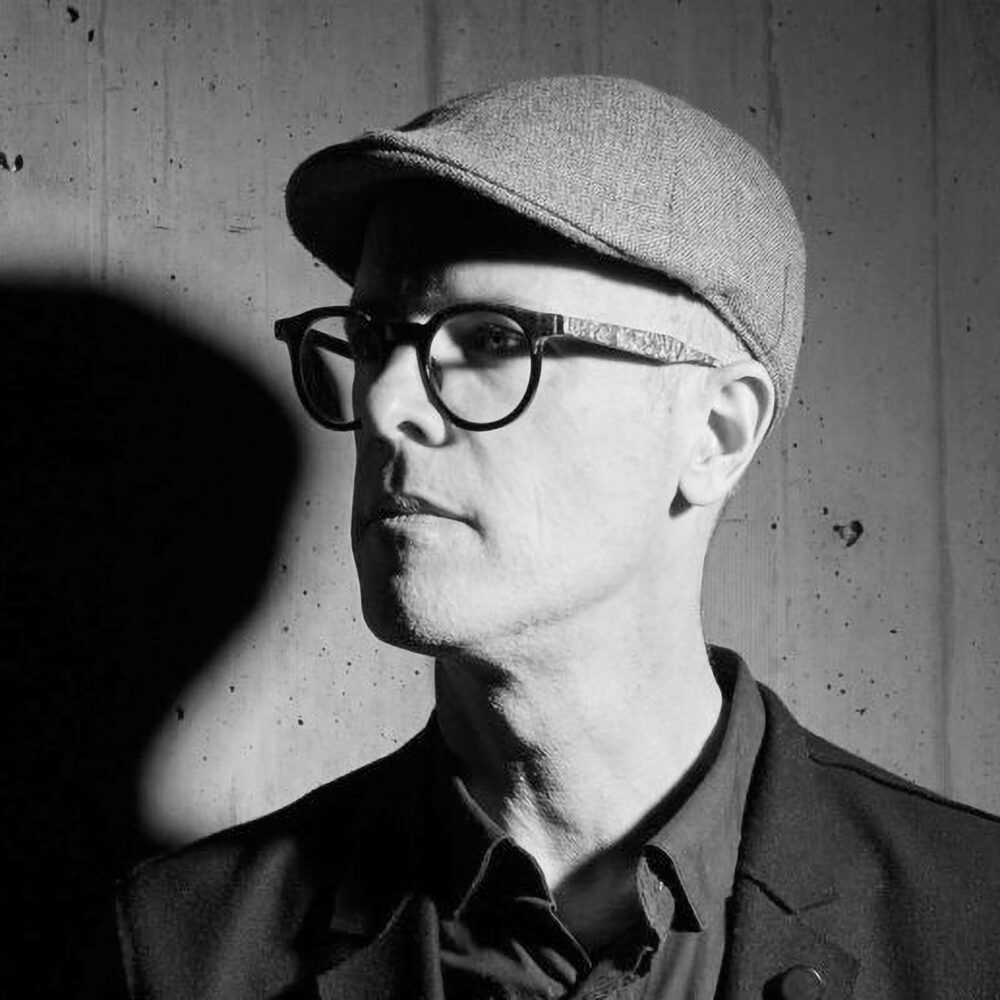
Profile:
Richard Chartier
Richard Chartier is a Los Angeles-based artist and composer. His works explore the inter-relationships between the spatial nature of sound, silence, focus, perception, and the act of listening itself. Chartier has released music on labels including Room40, Editions Mego, and his own imprint LINE. Beyond composition, he has collaborated on installations with artists including Evelina Domnitch & Dmitry Gelfand, and Linn Meyers.
Project:
Aimée Portiolia’s “De Partage” and Richard Chartier’s “Recomposure” are two of the “mindful sonic experiences” offered by Soundworks, a new sound meditation app “without the bells and whistles—or gongs.” The software features daily sound meditations, deep listening courses, educational modules on sound, auditory cognition and the brain—all created in collaboration with artists and grounded in neuroscience.
Soundbite:
“In composing ‘De Partage,’ I took my usual tonal and timbral approach, and self-tested by trying to meditate to it. This was not easy, because the instinct is for the inner-voice to critique and drown out my mediation.”
Aimée Portiolia, on how it is difficult to be your own guinea pig
Soundbite:
“As someone who is not an active meditator, I came into creating ‘Recomposure’ with a frame of reference about what would take people ‘elsewhere.’ When I play live people often come up to me and say ‘why did you only play for 15 minutes?’ when I played for 45. The idea of stopping time is interesting to me and a feeling or experience I try to create.”
Richard Chartier, on the intended effects of his music on listeners
Reference:
At the Network Plasticity Lab, Lukas Volz and team work at the intersection of cognitive neuroscience and clinical neurology, with the stated goal to advance our mechanistic understanding of neural information processing in the human brain. To achieve this goal, they design and perform experiments in neurological patients and healthy volunteers, using a multimodal combination of advanced non-invasive methods including functional magnetic resonance imaging (fMRI), diffusion MRI (dMRI), and electroencephalography (EEG). The lab’s published research spans post-stroke cerebral reorganisation, brain stimulation, decision making, learning, and consciousness. “Our quest to advance mechanism-based clinical applications is complemented by furthering our understanding of human consciousness from a neural perspective,” state the researchers.
Soundbite:
“The brain doen’t just ‘listen’ to sensory input, but rather it constructs an internal model of the world while constantly predicting what’s going to happen next. Why does it do that? It saves processing power and allows for a richer experience when there is little—or no—input.”
Lukas Volz, on the subjective experience we call reality
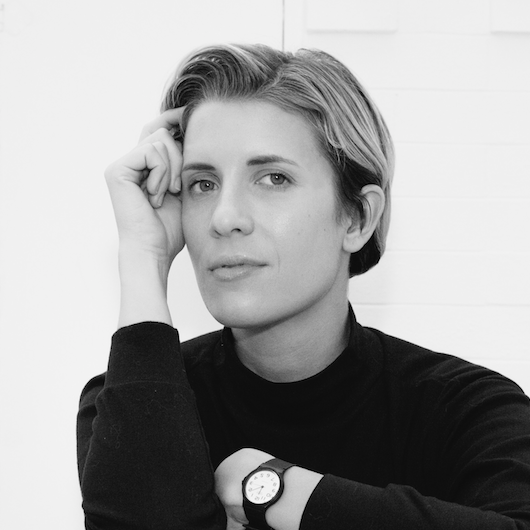
Commentary:
The mindfulness conversation entered brain-bending territory when the neuroscientist Dr. Lukas Volz pointed out that our brains construct an internal model of the world that constantly predicts what will happen next—which means that what we experience in any given moment is not what is actually happening around us. Rather, our brains constantly create their own subjective illusion of reality, which then effectively becomes our reality. How can we gain access to this internal model and improve it, so that we can in turn improve our lives? Dr. Volz suggests that sound is a way in—and that music, with its repetitive patterns and rhythms, might in fact tickle the internal model’s predictive mechanism. I found this unexpected relationship between perception, sound, and time fascinating. It lends a measure of scientific rigor to the promises of mindfulness, of course, but it also explains the primal appeal of music, more generally.
MUTEK Recorder
MUTEK RecorderExplore more of "MUTEK Recorder:"
→ HOLO.mg/stream/
→ HOLO.mg/mutek-recorder/
Alexander Scholz
Alex is a Berlin-based writer, artistic director, and cultural worker. As the founder and creative director of HOLO, he helps produce and disseminate knowledge on disciplinary interstices, artistic research, and cultural transformations in the digital age. Over the years, he curated exhibitions, conferences, and educational programmes for organizations and festivals including A.C.C. (KR), Mapping (CH), MUTEK (CA), and NODE Forum for Digital Arts (DE).
Claire L. Evans
Claire L. Evans is a Los Angeles-based writer and musician exploring ecology, technology, and culture. She is the author of Broad Band: The Untold Story of the Women Who Made the Internet (2018) and the singer of the Grammy-nominated pop group YACHT. A prolific essayist, her writing has recently appeared in outlets including GROW, MIT Technology Review, and The Verge.
Greg J. Smith
A writer and cultural worker based in Hamilton, Canada, Greg is an editor for HOLO and his writing has appeared in publications including Creative Applications Network, Musicworks, and Back Office. He is also a PhD candidate within the Department of Communication Studies and Multimedia at McMaster University, where he is researching the emergence of the programmable drum machine in the early 1980s.
